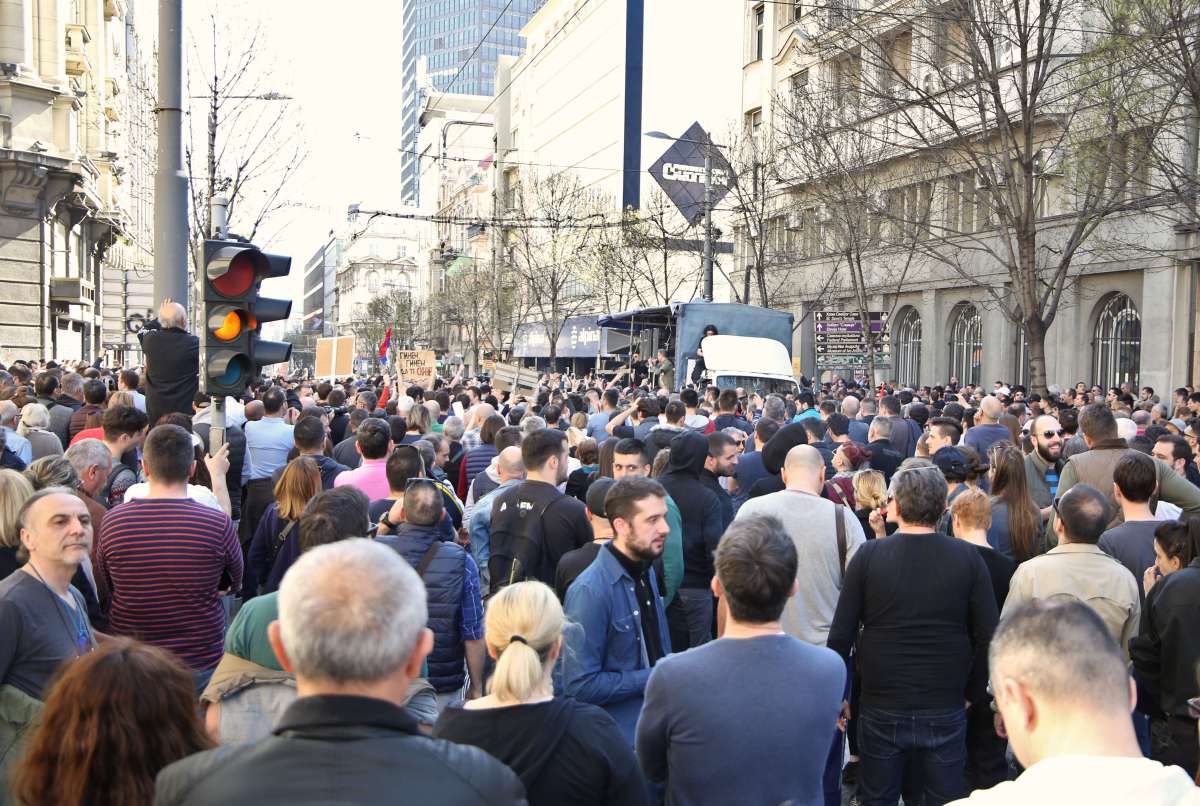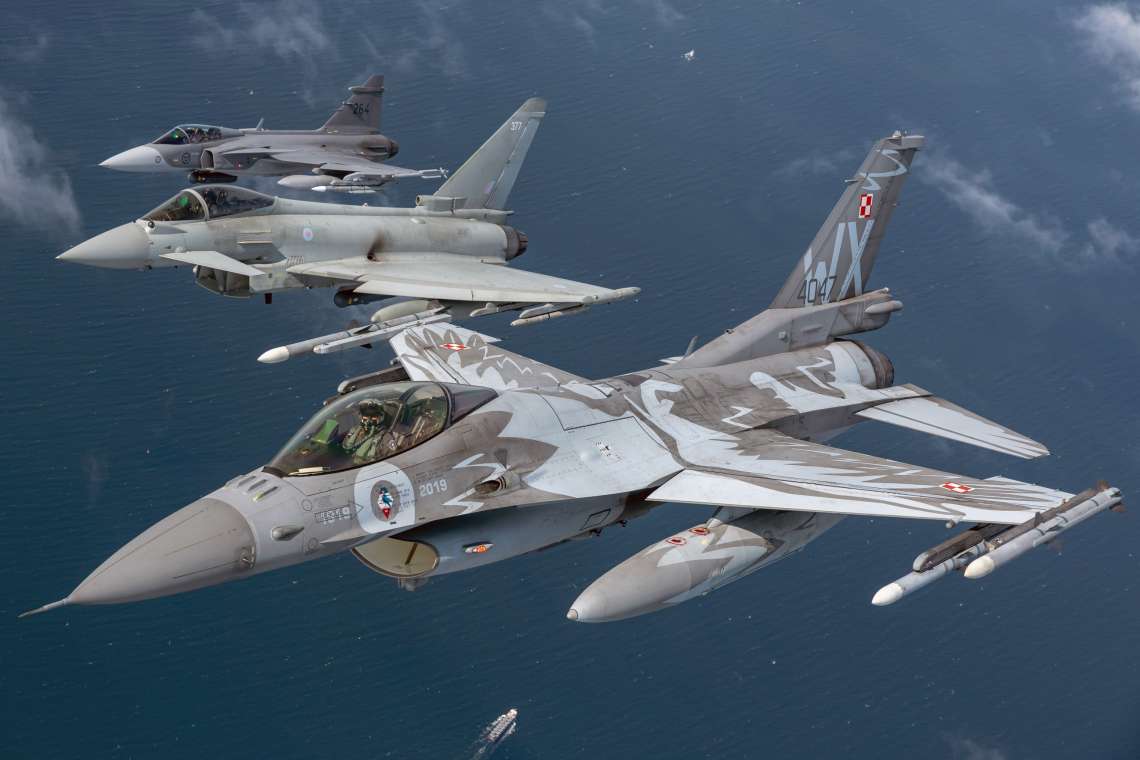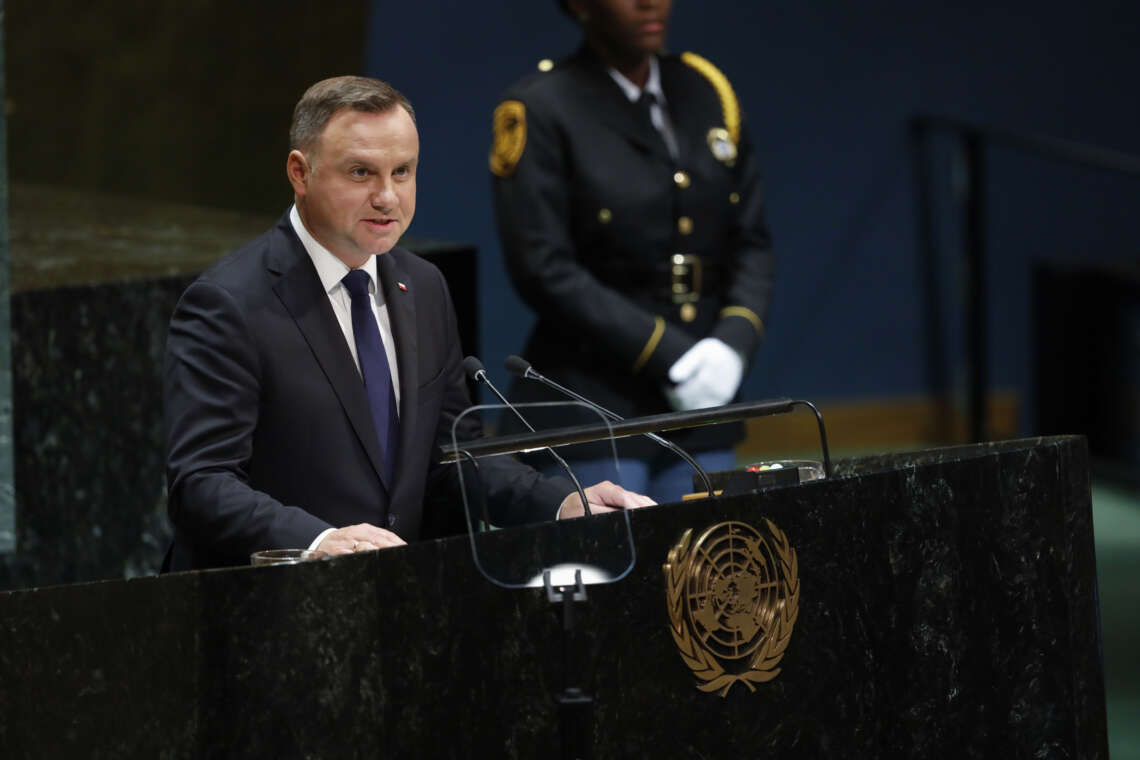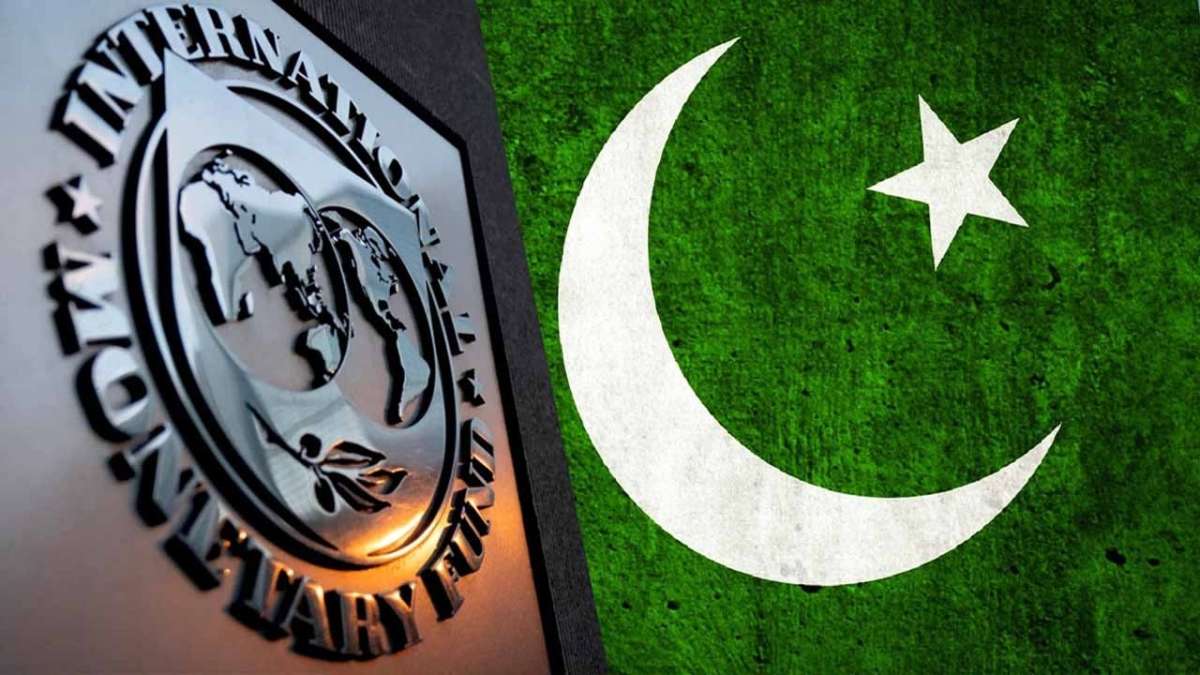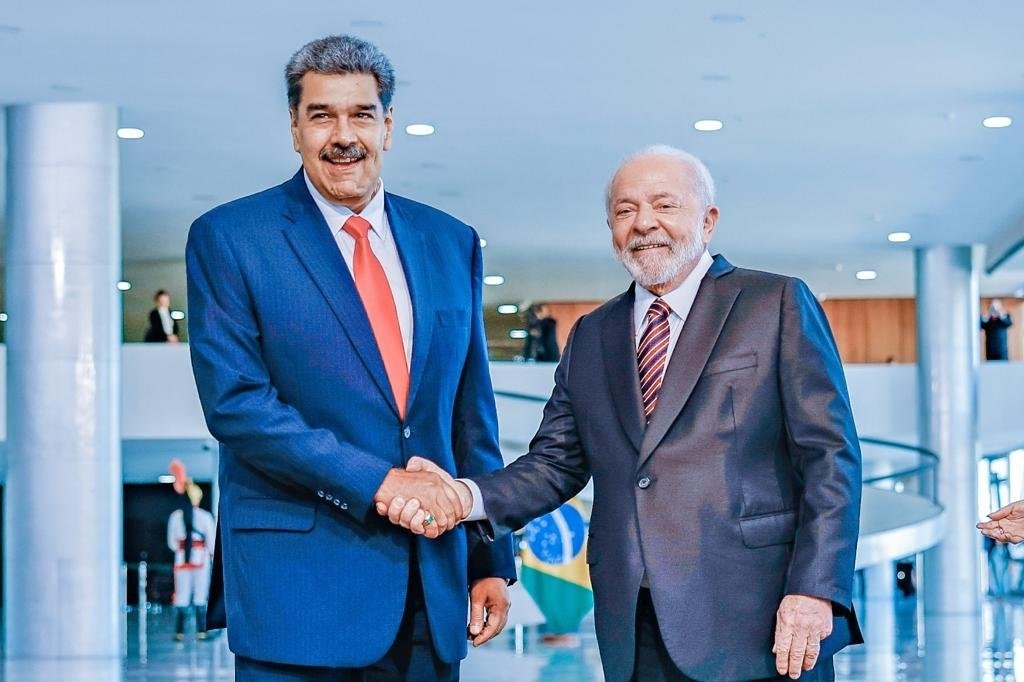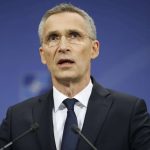NATO called the attacks “totally unacceptable”, adding in a statement that it called on all sides to “refrain from actions that further inflame tensions, and to engage in dialogue”….reports Asian Lite News
Over 50 civilians and more than 40 NATO soldiers were injured in a clash between the military alliance’s Kosovo Force (KFOR) and Serb protesters in front of the Zvecan municipality building in northern Kosovo on Monday.
On Monday, KFOR units were trying to disperse a group of Serbs who protested after Kosovo police took control of the administrative buildings in Zvecan and two other municipalities in the Serb-majority northern region, reports Xinhua news agency.
“A member of ROSU (Regional Operations Support Unit of Kosovo Police), not a member of KFOR, fired several bullets in the direction of the retreating Serbs and hit (local Serb) Dragisa Galjak with two bullets. Serbs responded with stones and in other ways,” Serbian President Aleksandar Vucic said said at an extraordinary press conference on Monday evening.
Meanwhile, NATO said that peacekeepers from Italy and Hungary were among those hurt in the latest violence on Monday, with three of them left in a serious condition, reports the BBC.
Five people have been arrested in relation to the attacks.
NATO called the attacks “totally unacceptable”, adding in a statement that it called on all sides to “refrain from actions that further inflame tensions, and to engage in dialogue”.
The recent unrest began after after Kosovo Serbs — who account for about 5 per cent of the country’s 1.8 million population overall — boycotted the April 23 local elections in four northern municipalities that are majority Serb.
This allowed ethnic Albanians to take control of the councils.
Serbia backed the boycott — resulting in a turnout of just 3.47 per cent — which was sparked after the Serb community demanded the establishment of a promised association of Serbian municipalities.
Due to the intensification of ethnic clashes in Kosovo, Serbia has put the country’s armed forces on the level of combat readiness and sent its forces along the administrative line.
Both the EU and US have criticised the Kosovan authorities for destabilising the situation in north Kosovo, and warned against any actions that could inflame ethnic tensions there.
Kosovo declared independence from Serbia in February 2008, after years of strained relations between its Serb and mainly Albanian inhabitants.
It has been recognised by the US and major European Union countries, but Serbia, backed by its powerful ally Russia, refuses to do so, as do most ethnic Serbs inside Kosovo.


